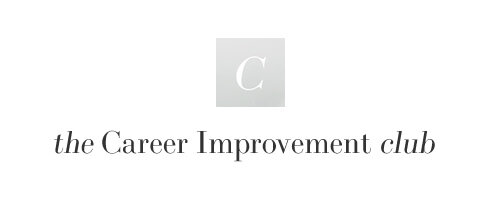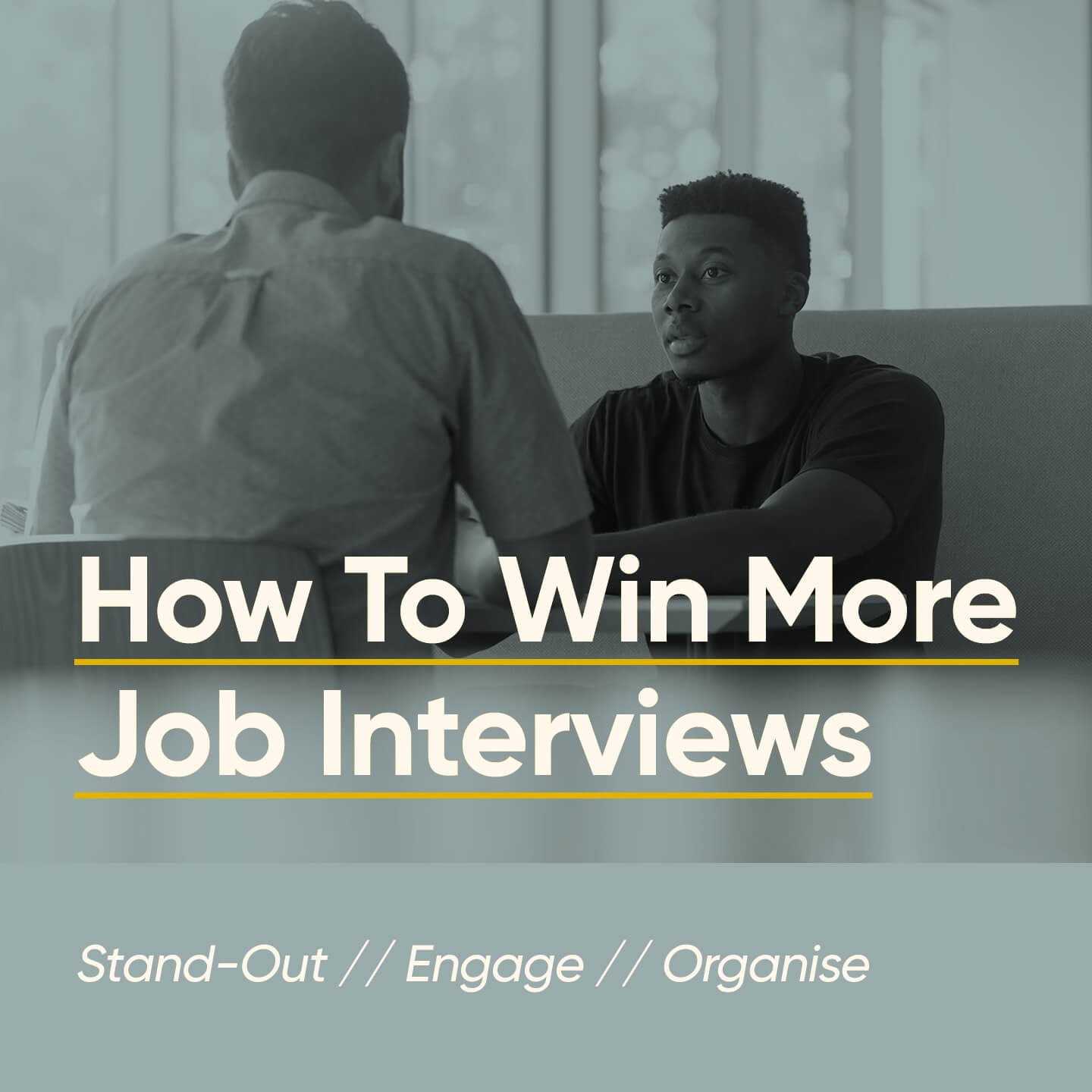So, you've created your CV, updated your LinkedIn, sent your CV off to a bunch of recruiters and applied to some amazing dream jobs but you just don't seem to be getting any interviews, your inbox is empty and your phone isn't exactly ringing off the hook - what do you do next?
Well, searching for jobs is competitive, recruiters often receive hundreds of CVs when advertising vacancies so it's not uncommon for jobseekers to feel left in limbo, unknowing whether their application is being considered or has been just outright rejected.
It is easy to blame employers or recruiters for not reaching out with feedback, however many just do not have the time or the processes in place to deal with large volumes of enquiries, there could have been a number of reasons why you didn't get that job interview, but there is a fix to get more, you need to take the initiate, be the one in control and engage with employers.
Follow these how to get a job interview tips and you'll be surprised at the success you get...
// Set up Job Search Alerts
Jobseeking is a race, employers are looking to fill jobs as soon as possible, therefore if you are one of the first to apply for new jobs then you'll hugely increase your chances of an interview.
When registering with online job boards, you can configure email alerts that notify you when new positions are advertised, when this happens jump on them immediately. Set these alerts up across multiple job boards and google alerts and let technology do the job searching for you.
// Make sure your CV is Relevant
Do you have the skills and experience necessary to do the jobs you are applying for? If your CV doesn't demonstrate to an employer that "I can do your job" within the first 6 seconds then you'll find yourself on the reject pile.
Personalise and tweak your job application for each job you apply for. We've talked about CV Mirroring before, but it's super important to demonstrate relevancy in your job application whilst keeping your CV concise, succinct and to the point.
// Make sure your CV Stands-out
Employers can receive hundreds of applications from prospective candidates, therefore your CV / Resume (and Cover Letter) needs to make a statement and catch the attention of the hiring manager or recruiter.
Resume templates come in a variety of different designs, colours, layouts and styles therefore choosing the one that best suits your career history and personality can be a challenging task. In 9 Resumes that will take your career to the next level we’ve put together a collection of our favourite resume designs and highlighted which professions they are best suited for. For further inspiration check out our printable and downloadable Professional CV Templates and Creative CV Templates.
// Engage with Employers - via the Phone
Recruitment is a people business, therefore reach out to employers and make a personal introduction over the phone. It gives you the chance to confirm that your application has been received and get to grips with their recruitment process.
Once connected ask if they can run through your CV now or forward schedule a follow up call once they've completed their review process. If you make a strong first impression an employer/recruiter will look at your CV in a more positive light and will be much more likely to take the positives rather than any negatives.
Aim to make your first call a few hours after you have applied.
// Engage with Employers - Via LinkedIn
Follow up any initial correspondance with a LinkedIn Connection request. Ensure your LinkedIn Profile is professional, includes references and is fully up to date (it should mirror your CV).
Recruiters will typically spend large chunks of time on LinkedIn, so you want to leverage this platform to leave positive comments and share relevant content that will support your application. You want to make yourself accessible and as easy to contact as possible.
The aim is to immerse yourself with relevant contacts within your industry and make yourself noticeable. Many employers are open to speculative applications, so don't be afraid to reach out and ask if your CV could be of interest.
// Organise your job search
Track your job applications to understand your job search activity and what is working for you. Job Search Organisers will help you keep an organised log of what positions you've applied for, where you found them, the location, salary and other key details. You should also make a note of when you last spoke to them, when a decision is due and when a follow up call needs to be made.
Make these documents easily accessible so you can refer back to it quickly when an employer shows interest. Being prepared could just give you the edge!
In Summary...
Set up alerts that notify you of new positions immediately;
Make sure your CV is relevant and stands-out;
Call employers / recruiters to introduce yourself and build rapport;
Connect with the right people on LinkedIn;
Schedule follow up calls and stay organised.
Good luck!

